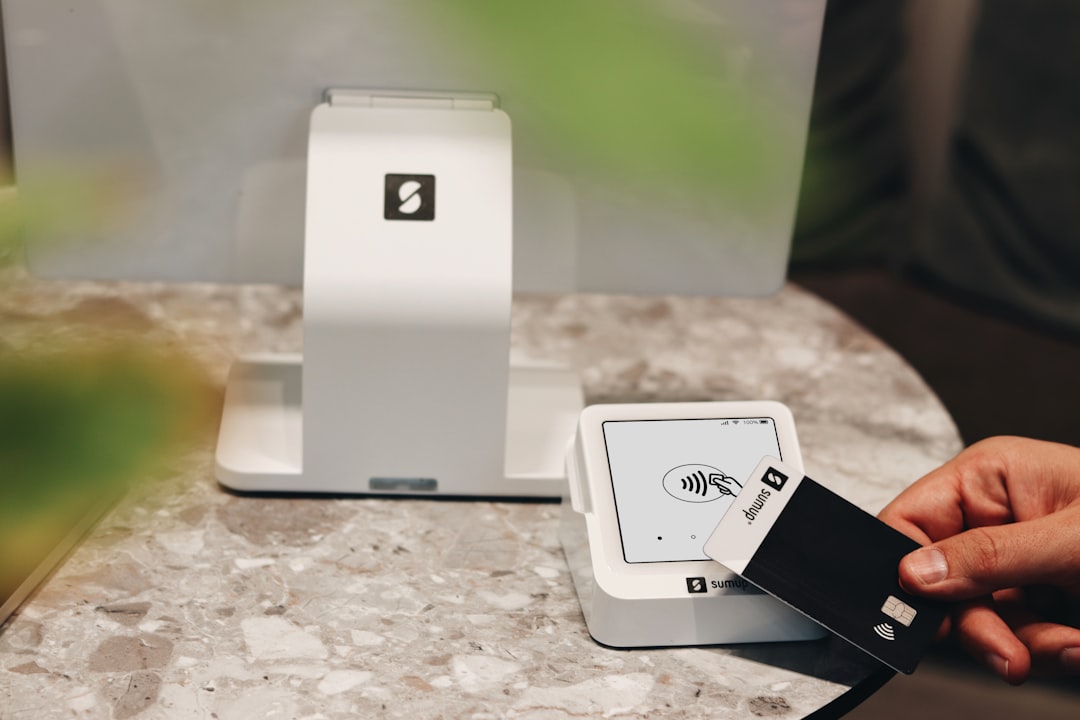Connecticut residents, especially in Waterbury, face a surge in unauthorized automated phone calls (robocalls), causing annoyance and security concerns. The FCC enforces do-not-call laws and fines violators, while Connecticut's Department of Consumer Protection (DCP) implements strict Do Not Call regulations. Effective protection includes registering on the state list, using call-blocking tools, reporting suspicious calls to authorities, and consulting a reputable Do not call law firm Connecticut for guidance in combating intrusive telemarketing.
Waterbury residents are increasingly frustrated by the deluge of robocalls they receive daily. This growing concern over intrusive automated calls has sparked a broader conversation about consumer protection in Connecticut. With traditional do-not-call lists and laws like the Connecticut Unfair Trade Practices Act (CUTPA) in place, many wonder: Are these measures effective? This article explores the rise of robocalls in Waterbury and beyond, analyzes the state’s consumer protection laws, and offers practical tips for residents seeking to curb unwanted calls, including considering a consultation with a do not call law firm Connecticut.
The Rise of Robocalls in Waterbury and Beyond

In recent years, Waterbury residents have noticed a significant surge in unwanted automated phone calls, commonly known as robocalls. This trend isn’t exclusive to Waterbury; it’s a growing concern across Connecticut and beyond. With advancements in technology, telemarketers and fraudsters now employ sophisticated systems to make mass calls, often violating do-not-call laws and leaving recipients feeling annoyed and concerned for their personal information security.
The increase in robocalls has prompted many consumers to take action, including filing complaints with the Federal Communications Commission (FCC). The FCC has been actively working to combat this issue by enforcing regulations and issuing fines to companies engaging in illegal robocall practices. Additionally, Connecticut’s local Do Not Call registries have seen a rise in registrations as residents seek to reduce the number of intrusive calls they receive, emphasizing the need for stricter consumer protection measures against unwanted phone marketing.
Consumer Protection Laws and Their Effectiveness in Connecticut

In Connecticut, consumer protection laws are designed to safeguard residents from unfair and deceptive practices in various transactions, including those involving robocalls. These regulations aim to ensure that businesses respect individual privacy and refrain from excessive or nuisance calls. The Connecticut Department of Consumer Protection (DCP) plays a crucial role in enforcing these laws, investigating complaints, and taking legal action against violators.
One significant piece of legislation is the Do Not Call Act, which allows residents to register their phone numbers on a state-managed “Do Not Call” list. This list restricts telemarketers from making automated calls to registered numbers, offering some respite from unwanted robocalls. While these laws are in place, their effectiveness depends on proper enforcement and awareness among both consumers and businesses. Connecticut’s DCP continues to work towards balancing consumer rights with legitimate marketing efforts, ensuring a safer and less disruptive environment for its residents.
What Can Residents Do to Stop Unwanted Calls?

Waterbury residents are increasingly frustrated with the barrage of unwanted robocalls they receive daily, prompting concerns over consumer protection and privacy. While blocking numbers and registering on the National Do Not Call Registry can help to some extent, these measures alone may not be enough to stem the flood of intrusive calls.
To combat this issue effectively, Waterbury residents are advised to familiarize themselves with state laws, such as Connecticut’s Do Not Call law, which restricts telemarketers from making automated calls to registered numbers. They can also consider using call-blocking apps or buying a robocall-filtering device for added protection. Additionally, reporting suspicious or fraudulent calls to local authorities and the Federal Trade Commission (FTC) is crucial in helping to identify and penalize offending entities, thereby potentially deterring others from engaging in similar practices.






